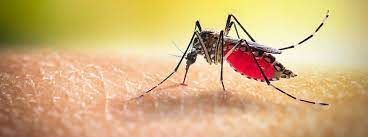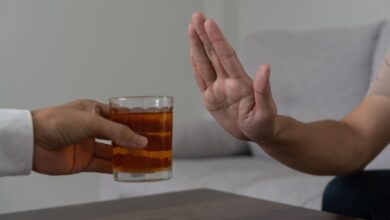Can This Groundbreaking Medicine Help Prevent Mosquito-Borne Infection with the Dengue Pill? What You Should Know
According to data given by Johnson & Johnson (JNJ.N) on Friday, a drug designed for dengue fever seemed to protect against a version of the virus in a few individuals in a small human challenge experiment in the United States.
Before presenting the research at the American Society of Tropical Medicine and Hygiene Annual Meeting in Chicago, the business noted that there are presently no particular medicines for dengue, a disease danger that is on the rise. The medication is the first to ever have antiviral action against dengue, according to Marnix Van Loock, director of emerging diseases research at J&J’s Janssen division.
Researchers deliberately expose healthy volunteers to pathogens in human challenge trials to test a vaccine or therapy or to better understand the illness they cause.
Although it is often asymptomatic, dengue fever is sometimes referred to as “break bone fever” because of the extreme joint pain and spasms that some patients endure.
It has long been a scourge in much of Asia and Latin America, resulting in millions of infections annually and tens of thousands of deaths. According to Jeremy Farrar, chief scientist for the World Health Organization, it is likely to spread further as climate change makes more areas hospitable for the mosquitoes that spread it.
In the research conducted with the Johns Hopkins Bloomberg School of Public Health, a high dosage of the J&J tablet was given to 10 participants five days before they received an injection of a specific strain of dengue. For the next 21 days, they continued to take the tablet.
After being exposed to the pathogen, six of the ten individuals had no detectable dengue virus in their blood as well as no indications that their immune systems had reacted to viral infection after an observation period of 85 days.
Six participants in a placebo group who also received a dengue injection tested positive for the virus. When required, trial participants got regular medical treatment from trained experts, and a weaker strain of the virus was utilized to reduce symptoms.
The promising preliminary findings support current Phase II studies of the drug to prevent the four distinct kinds of dengue in a situation where the illness is widespread, according to J&J. Testing it as a therapy will be the next stage.
The medication prevents the virus from replicating by inhibiting the activity of two viral proteins. According to J&J, all study participants accepted it well.
As with the problem facing the dengue vaccine the WHO supported earlier this month, a crucial concern for the future will be how to provide access to the new medicine, assuming it works on a wider scale, in many of the low- and middle-income nations where it is most needed.
Van Loock said, “We’re working on it,” and added that it was still in the early stages.







